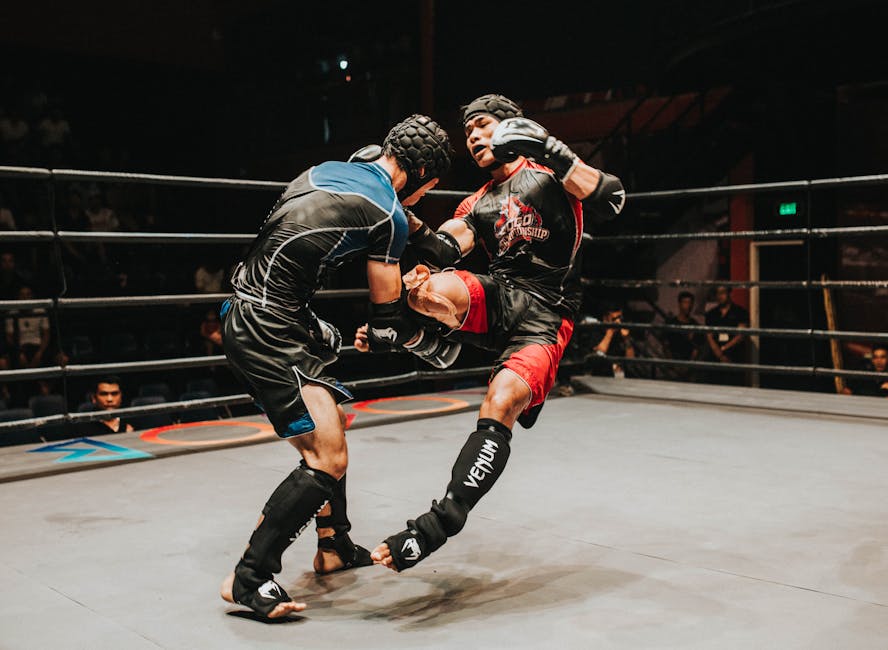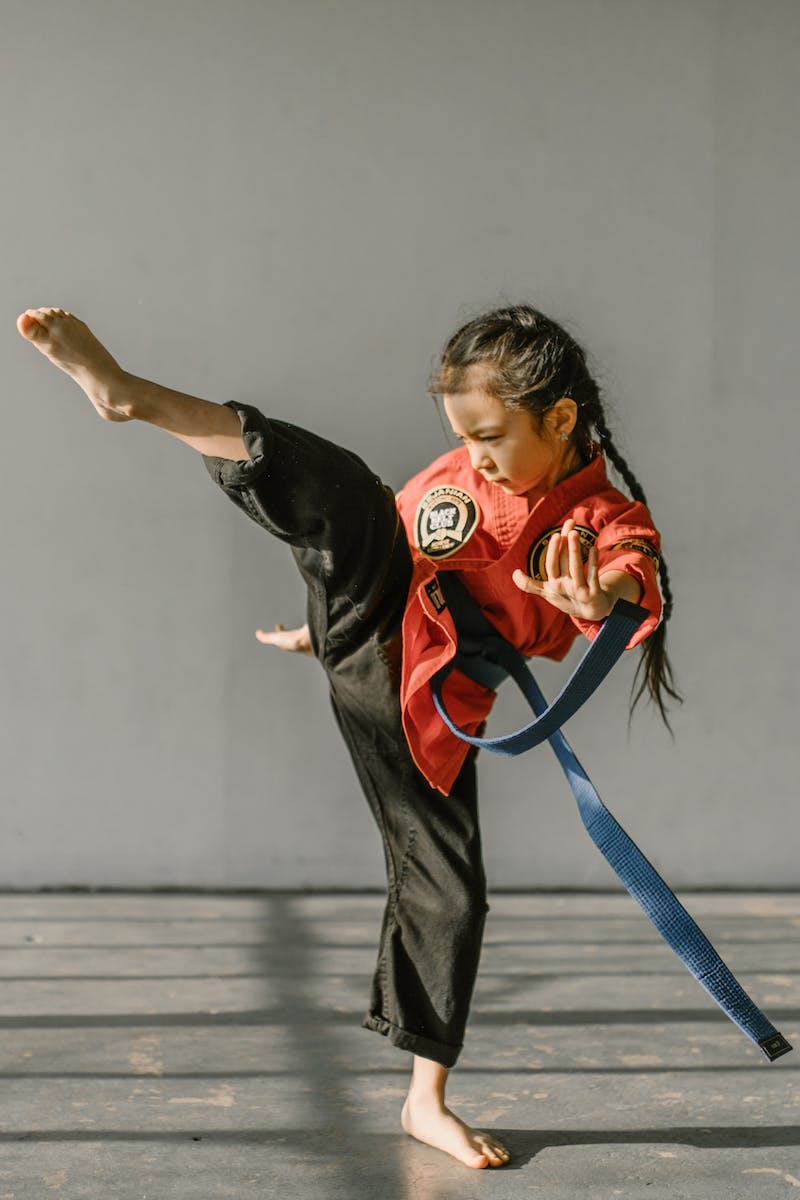
Unleashing the Controversial World of Mixed Martial Arts
Exploring the Gains and Pitfalls of This Intense Sport
Mixed Martial Arts (MMA) has garnered both followers and critics over the years. As a competitive sport combining elements from various martial arts, it showcases both athleticism and combat strategy. Practitioners train in disciplines such as Brazilian Jiu-Jitsu, Muay Thai, and wrestling to prepare for an octagonal arena where opponents engage in full-contact fights. While proponents praise its benefits, like physical fitness and self-defense skills, opponents raise concerns about safety and the potential for injury. This article delves into the advantages and disadvantages of Mixed Martial Arts, aiming to provide a balanced perspective on its role in modern society.
MMA has witnessed a meteoric rise in popularity, thanks to organizations like the UFC (Ultimate Fighting Championship) that have brought it to the mainstream consciousness. Despite its thrilling nature, the sport remains controversial with debates evolving around its ethical implications and physical toll. Supporters argue that Mixed Martial Arts is an empowering activity, fostering discipline and respect among its practitioners, while detractors often point to its violent aspects. This dynamic sport not only challenges the limits of physical performance but also questions the moral grounds of combat sports in a civilized society. What makes it so appealing and yet contentious? Let's dissect both sides.
Pros
Mixed Martial Arts offers a plethora of advantages that go beyond just the physical aspects of fighting. Whether one is an occasional participant or a dedicated athlete, the benefits can leave a lasting impact on both body and mind. The structure and intensity of training can lead to significant improvements in fitness levels, self-defense skills, and even mental fortitude. This paragraph will explore some of the most notable advantages that MMA brings to its practitioners and enthusiasts.
Missing a pro?
Cons
While Mixed Martial Arts presents numerous benefits, it is essential to acknowledge the accompanying risks and disadvantages. Critics point to the inherent dangers linked with full-contact fighting, potential injuries, and the emotional and psychological toll on athletes. This section aims to shed light on some key negative aspects that may arise from participating in Mixed Martial Arts, offering a comprehensive view of the sport's implications.
Missing a con?
Conclusion
Mixed Martial Arts is a complex and multifaceted sport that offers both remarkable benefits and significant drawbacks. Embracing its physical advantages, self-defense skills, and community ties presents a compelling case for participation. However, being aware of the mental and physical risks accompanying this pursuit is vital for making informed decisions. Whether you are drawn to the excitement of combat or the camaraderie of training, engaging in Mixed Martial Arts demands a careful consideration of both its upsides and downsides. Ultimately, knowledge is key, allowing practitioners and fans alike to enjoy the sport responsibly and sustainably.
What do you think?
Do you think the pros outweigh the cons?






